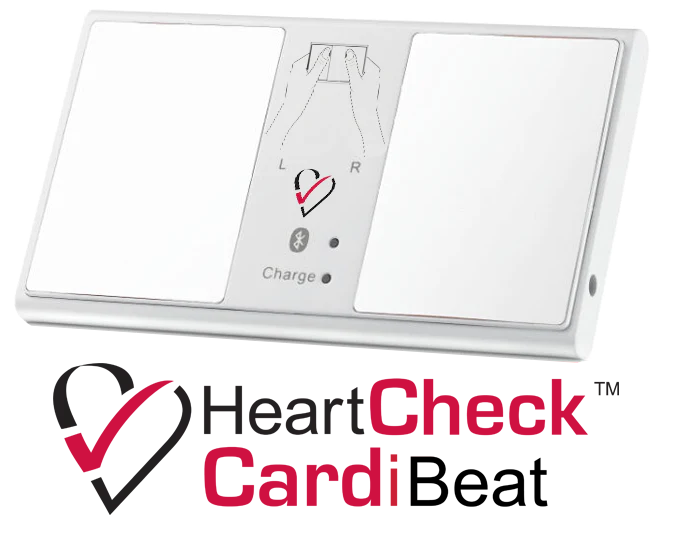Learn More About Electrocardiograms (EKG/ECG):
Abnormal ECG
Atrial Flutter (Heart Flutter)
Heart flutter, also known as palpitations or atrial flutter, is a common sensation of the heart beating irregularly or rapidly.
Heath Risk: It can be a benign occurrence, but in some cases, it may signal an underlying heart condition.
In this comprehensive guide, we will delve into the various aspects of heart flutter, including its causes, symptoms, management, and when to seek medical assistance.
What is Heart Flutter?
Heart flutter, or palpitations, refers to the sensation of an irregular heartbeat. It can manifest as a skipped beat, a racing heart, or a fluttering feeling in the chest. Palpitations may be caused by various factors, and understanding the underlying cause is crucial for appropriate management.
This website offers general ECG information for educational purposes only. We are not licensed medical professionals. Content should not be construed as a substitute for professional medical advice, diagnosis, or treatment. For personalized guidance, consult a qualified healthcare provider.
Symptoms of Heart Flutter
Common symptoms of heart flutter include:
- Irregular heartbeats.
- Racing or pounding heart.
- Awareness of your heartbeat (palpitations).
- Shortness of breath.
- Chest discomfort or pain.
- Dizziness or lightheadedness.

Causes of Heart Flutter
Heart flutter can be triggered by a range of factors, including:
Stress and Anxiety: Emotional stress and anxiety can lead to palpitations.
Caffeine and Stimulants: Excessive consumption of caffeine or stimulant medications can cause palpitations.
Medications: Some medications, particularly those that affect the heart, can lead to palpitations.
Physical Activity: Strenuous exercise or overexertion can temporarily cause palpitations.
Dehydration: Insufficient hydration can affect the heart’s rhythm.
Heart Conditions: Structural heart problems or arrhythmias can lead to chronic palpitations.
Management of Heart Flutter
The management of heart flutter depends on the underlying cause and the severity of symptoms. Here are some general approaches:
Lifestyle Changes:
Reducing stress, limiting caffeine intake, and staying hydrated can help alleviate palpitations.
Medications:
In some cases, anti-arrhythmic medications may be prescribed to control heart rhythm.
Cardioversion:
A procedure to restore normal heart rhythm through controlled electrical shocks.
Ablation:
A minimally invasive procedure to eliminate the source of abnormal electrical signals.
Managing Underlying Conditions:
Treating any underlying heart conditions, such as atrial fibrillation or ventricular tachycardia, is essential for reducing palpitations.
To monitor your heart health yourself from home you could purchase a mobile ECG unit such as the HeartCheck™ CardiBeat Mobile ECG Device.
When to Seek Medical Assistance
While occasional palpitations are generally harmless, you should seek medical attention if:
- Palpitations are frequent, severe, or long-lasting.
- You have a history of heart disease or risk factors.
- Palpitations are accompanied by chest pain, shortness of breath, or loss of consciousness.
- You experience other concerning symptoms, such as fatigue, weakness, or swelling.
Heart Flutter Conclusion
Heart flutter, or palpitations, can range from a benign and temporary sensation to a sign of underlying heart issues. Understanding its causes, recognizing symptoms, and seeking help when necessary are essential for effective management. If you experience persistent or concerning palpitations, consult a healthcare professional to determine the underlying cause and receive appropriate treatment and guidance to promote heart health.

